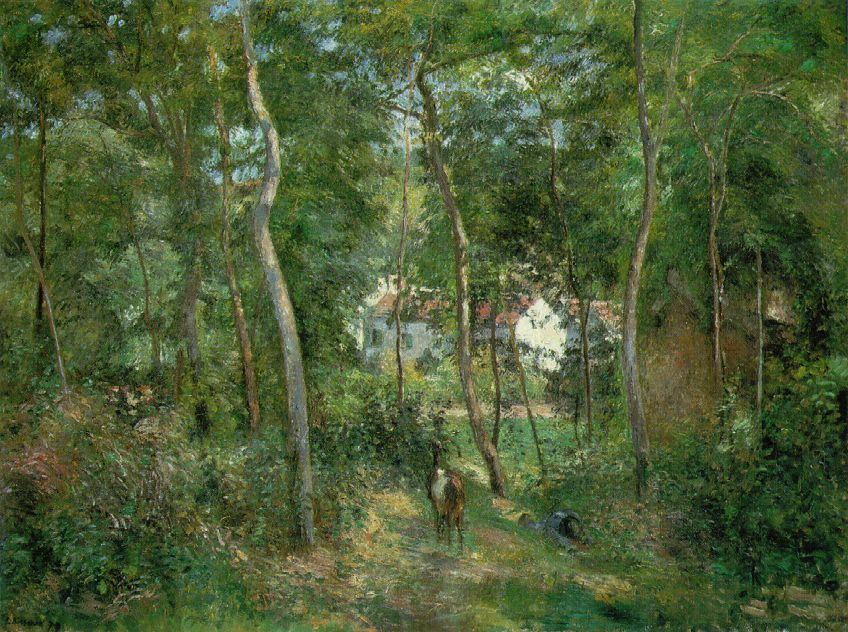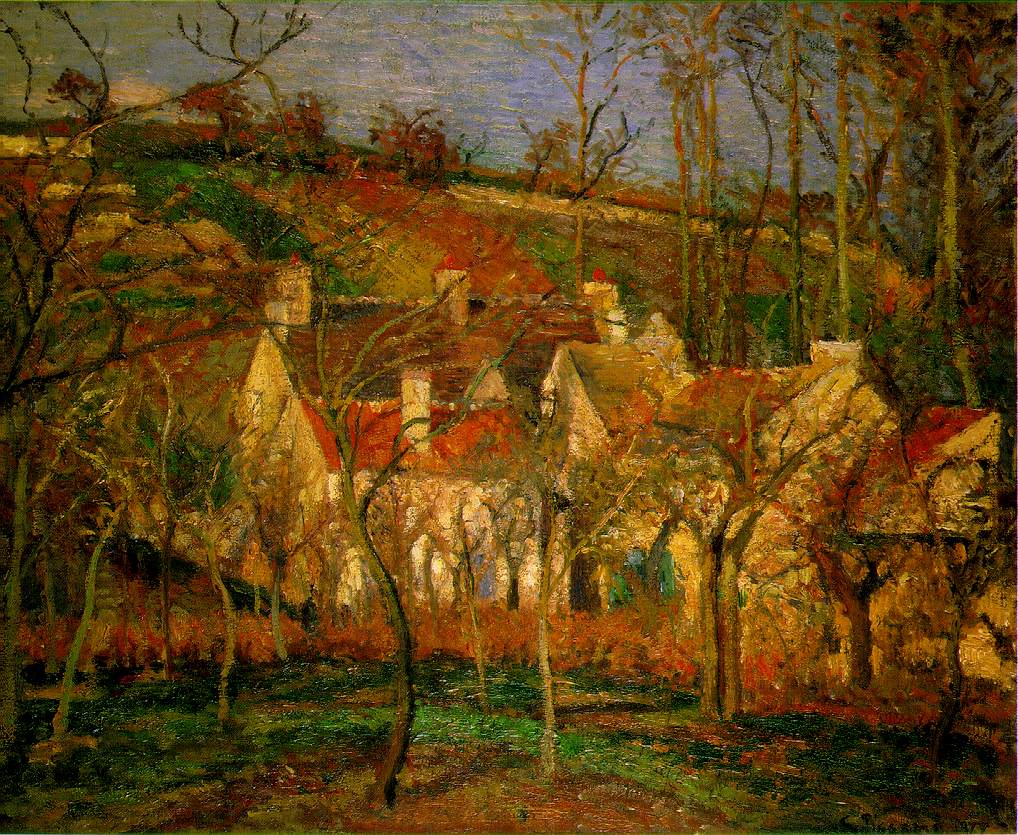

Lord of the Rings (The Two Towers) (2002)


Peter Jackson
From salon.com
With "The Two Towers" it seems very clear that we are in the midst of one of the great achievements in fantasy filmmaking and in epic filmmaking. Pauline Kael once said that directors die on movies of this magnitude and turn into technicians. Miraculously, Peter Jackson hasn't died. The filmmaker is alive and well alongside the tactician he must have had to become to pull off the feat of turning Tolkien's books into movies.
I'm not so sure. The director may not be dead, but he's certainly looked a lot better. There are four major problems with this film.1. The comic relief was mediocre, and even worse, it was used at the wrong moments. Moreover, I'm not sure we need a lot of comic relief. We're all obviously glued to the screen/story. We're all obviously taking it very seriously because how the hell can you not?
Good comic relief of the Hollywood action/adventure variety occurs, for example, in Raiders, 'asps, very dangerous, you go first' and 'I don't know, I'm making this up as I go'. Sophisticated comic relief occurs in Seven Samurai as Toshiro Mifune's character constantly amuses with an attitude that often outstrips his abilities. Mel Gibson's speech in Braveheart about fire balls shooting out of his Scottish arse. Funny. Twenty-two jokes about being short is not sophisticated humor. Of course, I do not expect or demand the comic genius of Akira Kurosawa in 2002. I do, however, expect to have comic relief, which does not remind me of Jar Jar Binks tripping over himself. It's like Jackson is saying, 'Look, I made another dwarf joke. Isn't that funny?' Each time it reminds me I'm watching a movie, breaking the wonderful suspension of disbelief, for which Jackson and I both have worked so hard. Each time it cheapens the epic seriousness of the film. Like if I reminded you you're reading a dumb website. And you should be outside instead. Kind of takes the fun away doesn't it? All this when the film already has more than adequate comic relief from Gandalf's wink to the Hobbits, to the Ents and how could I forget, the dwarf.
2. Not enough siege machinery. Not enough cool things. Don't get me wrong. There were plenty of cool things like the ballista fired grappling hooks, the wall bomb, ladders, etc. I'm not complaining about what there was, just asking for more. They should have consulted the guys who did Starship Troopers. Every time you thought you'd seen it all, there was some new kind of bug with some ingenious tactic. Hell, all you have to do is open a book of medieval warfare, and you'll get plenty of ideas. Where was the trebuchet? I want my trebuchet. More invention and less repetition in horde to hand combat, arrow shooting, dwarf jokes. That wall bomb was pretty friggin' cool though.
3. Not enough time spent developing the bad guys. The first film was strong because of the thorough treatment of the dark lord whose name I dare not spell, the white wizard whose name I cannot spell, and the super-orc armies, whose name I can't even remember. There was some of this early in LOR II, like when they were arguing over whether to eat the hobbits. More would have been appreciated. Remember when the super-orcs were running like six minute miles for like fifty miles with full armor. Dude. How cool was that? That's what I call bad-guy character development. The second film dabbled in it when it talked about the evil human-type guys joining Mordor. What made them so upset with mankind they would join forces with evil? Where are they from? I mean, where would those guys be on that map? These sorts of imagination sparking moments, while surely a credit to Tolkein, are what makes this movie great and other action films like The Matrix not. Wonder, complexity, hidden depth and history behind the action. And a map. The map is key. Surely the book has more. Surely we could have had ten more minutes.
4. Too much love. Liv Tyler's overbite and baby-shaped head can only hold my interest for so long. Shorten her scenes by ten minutes. Or make them relevant. In Seven Samurai, there's probably twice the screen time given to the male/female love story. But you won't see me complaining. Because the entire time the two are on screen, one appreciates the thematic connection working on multiple levels. Why has this young samurai chosen this life rather the life of a husband? Why should they defend a bunch of peasant's who don't even trust them with their own daughters. And why should they be trusted with them? Kurosawa love scenes pop with dramatic tension, internal conflict, and believability. In Lord of the Rings, lovers tend to just stare at each other like they're post-ictal. There's no internal conflict, her mind is made up. She loves him, I guess, because—Hell, don't you? As for the father, are any of us really on his side? Let her go with Viggo, right? Duh. And get a damn hair cut. The only theme Jackson's love scenes develop is Elven immortality, particularly the discussion between daughter and father. This reinforces the nobility of the Elves returning to fight alongside men, because they have so much more to lose. It recalls the heroic turnaround of Han Solo at the end of the original Star Wars (A New Hope).

Things that were still great. The slow motion moments with the gothic music. The dramatic interpersonal moments. The map of Middle Earth. Gandalf. The king/nephew story reminded of Ran a little, which is a good thing. The elves. The evil warriors entering Sauron's fortress. Gandalf. The elves again. Gandalf.
I suppose I remain ambivalent about the excessive Gollumania. I must concede the Gollum story is better than having Frodo disappear every time they can't think of where to go with a scene. Overall, The Two Towers is an excellent film, almost as good as the first. But partly because of the four flaws I mentioned, and partly because it's not so new anymore, it doesn't carry quite the same impact, and is, overall, a slightly inferior film.
Q: Would the elves listen to Bowie?
| Discuss * Dennis Dutton's Take |